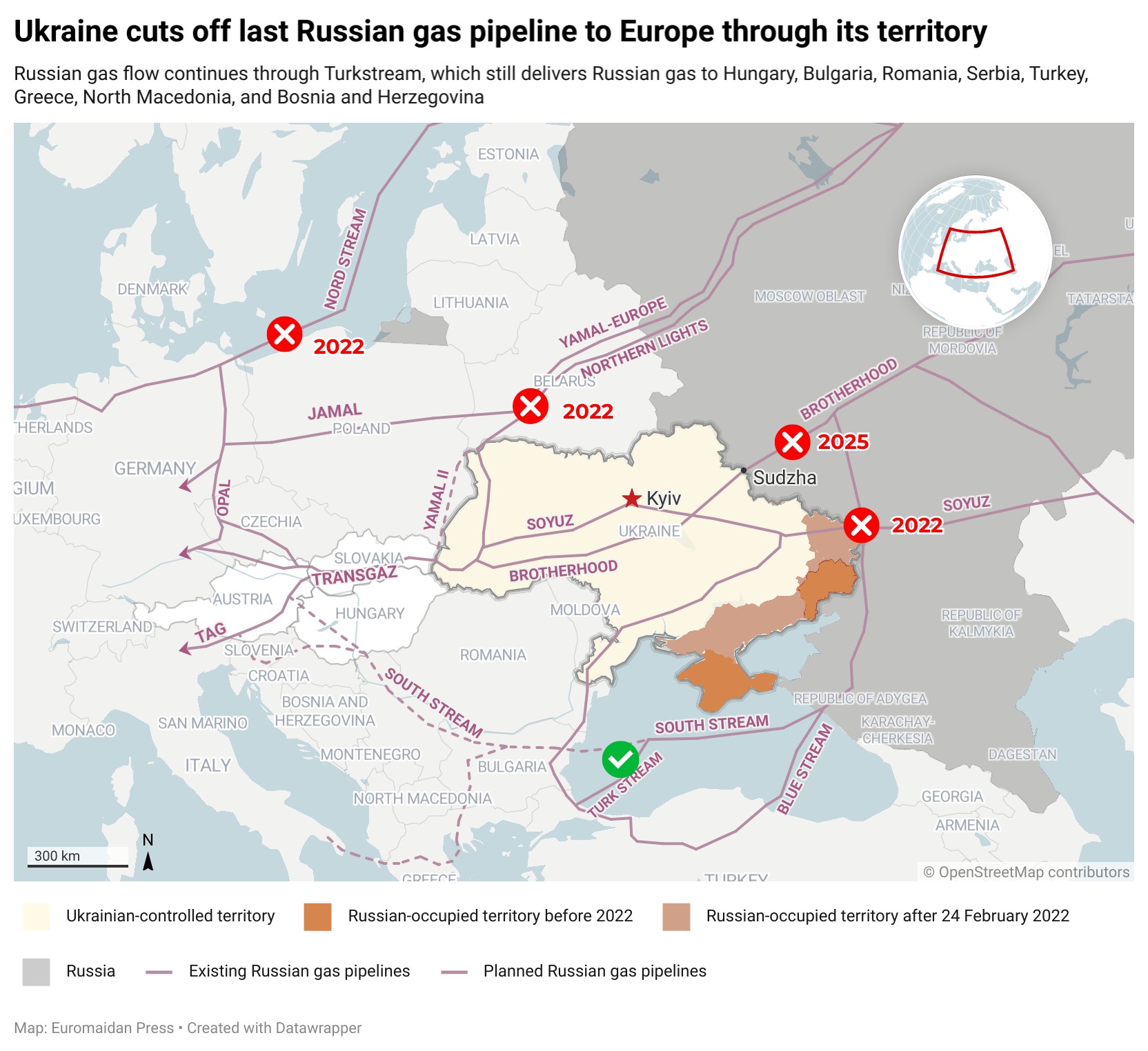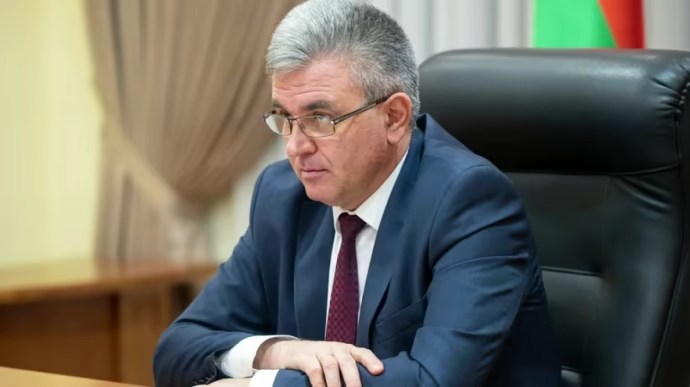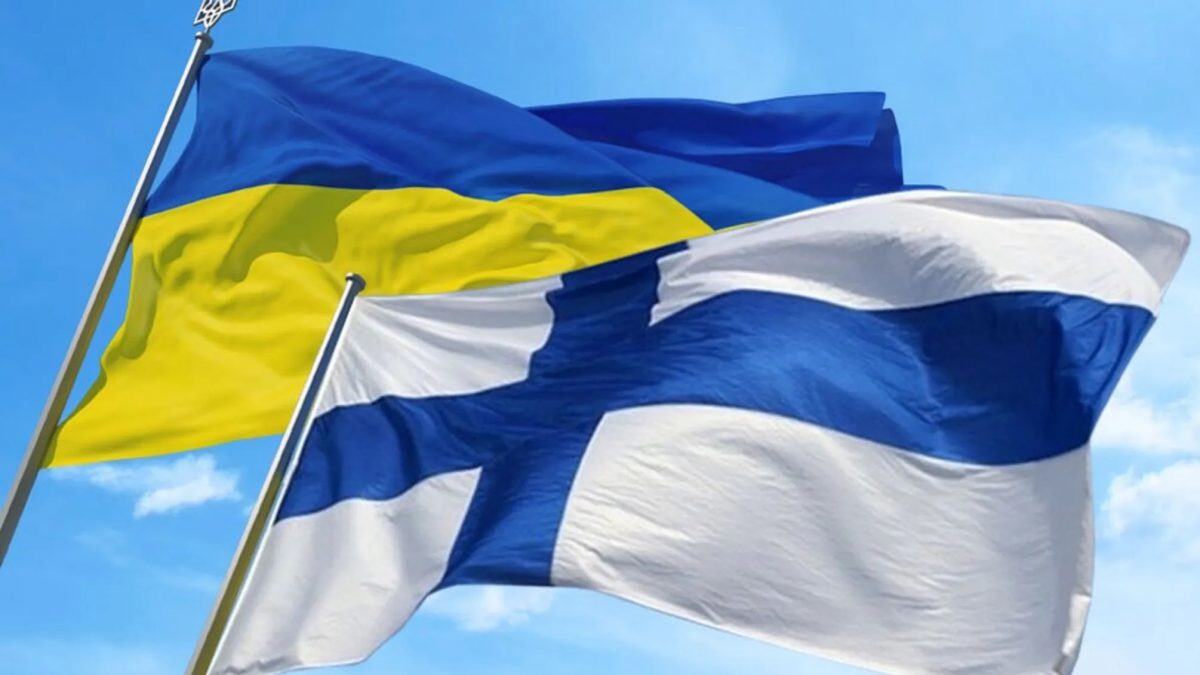Moscow has agreed to provide gas to Moldova's unrecognized region of Transnistria as humanitarian aid, the Russian outlet RIA Novosti reported. Crucial details about delivery mechanisms remain unspecified.
This development follows the termination of Russian gas transit through Ukraine on 1 January 2025, creating potential new leverage points near Ukraine's southwestern border as the war continues.
"This gas will be supplied as humanitarian gas. This should be understood immediately, as it was before. This is humanitarian gas from the Russian Federation," Transnistrian leader Vadim Krasnoselsky said at a briefing, the news outlet reported. He specified the gas would cover "the volume necessary for Transnistria's population, heat energy, and industrial enterprises of Transnistria specifically." Yesterday, the politician had departed to Moscow, according to Newsmaker.
The announcement comes amid a deepening energy crisis in Transnistria, where central heating has been cut off and industrial operations suspended since 1 January 2025. The region has rejected Moldova's offer of assistance, preferring to wait for Gazprom supplies.
Moldova declared a state of emergency on 16 December 2024 due to gas supply uncertainties. Previously, Gazprom had been supplying 5.7 million cubic meters of gas to Moldova, all of which went to Transnistria for household use and power generation at the Moldovan GRES power plant.
In early January 2025, Ukraine ceased the transit of Russian natural gas through its territory, leading to significant energy shortages in Transnistria, a breakaway region of Moldova. This cessation resulted in the immediate suspension of gas supplies to Transnistria, leaving tens of thousands of households without heating or hot water during the winter months.

The region's primary power source, the Cuciurgan power station, was forced to switch from natural gas to coal, with reserves projected to last only until the end of January. Despite offers from Moldova to supply gas from European sources, Transnistrian authorities declined, expressing hope for the resumption of Russian supplies.
The energy crisis has had profound effects on Transnistria's economy and daily life. Industrial operations have been halted, and rolling blackouts have been implemented to conserve energy. Residents have been advised to use alternative heating methods, such as firewood, to cope with the lack of gas.
The situation has also strained relations between Moldova and Transnistria, with Moldovan authorities accusing Russia of using energy as a political weapon to destabilize the region.
Related:
- The end of an era: Russia loses its gas grip on Europe
- Ukraine offers coal aid to frozen Transnistria as Russia halts gas to breakaway Moldova’s region
- Russian gas cutoff triggers rolling blackouts in Moldova's pro-Russian Transnistria
- Moldova's Russian-controlled Transnistria return to wooden rural stoves amid Russian gas cutoff





